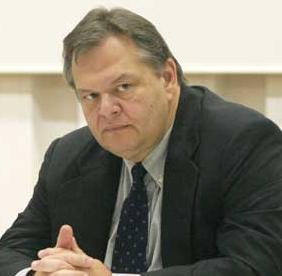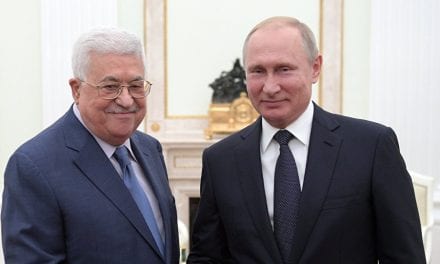Greece’s finance minister has staunchly defended his handling of the country’s relations with international lenders, accusing his critics of promoting “a mood of uncertainty and scaremongering.”
Evangelos Venizelos said on Sunday that Greece was accelerating the implementation of long-delayed structural reforms agreed with the European Union and the International Monetary Fund, although he gave no details of how that would be achieved.
“We’re doing this not because it’s imposed from abroad but because it has to happen now, as quickly as possible, for the sake of our children,” Mr Venizelos said.
He insisted that relations with the troika – experts from the EU, IMF and European Central Bank – were on an even keel, although its latest monitoring mission to Athens was unexpectedly suspended on Friday for 10 days.
Greek media reported at the weekend that talks broke down when Mr Venizelos made clear – after consulting George Papandreou, the prime minister, by telephone – that the government was not prepared to make more budget cuts this year.
Yet unless government spending is slashed immediately, Greece will miss its deficit target by at least 1.5 percentage points of gross domestic product, according to projections.
Mr Venizelos argued that a deeper than forecast recession this year had derailed the budge, but the mission responded that the recession was responsible for only about a third of the shortfall.
The finance minister, who also serves as deputy prime minister, faces mounting criticism from Brussels and Berlin over Greece’s failure to put in place any of the structural measures agreed in June in return for a second EU-IMF bail-out package.
“The troika returned to Athens and found only broken promises – there had been no practical progress during the summer,” said a Greek economist.
Privately, EU officials expressed deep frustration at Athens’ foot-dragging as they insisted that the ball was now in the government’s court.
In Brussels, European officials referred to the statement released on Friday by the troika, which cited “good progress” by Greece but urged the country to continue technical work on next year’s budget and accompanying structural reforms.
Although the Friday statement did not set any deadlines, one EU official believed the troika was expecting a response within 10 days – or just before an informal meeting of European finance ministers in Poland.



















